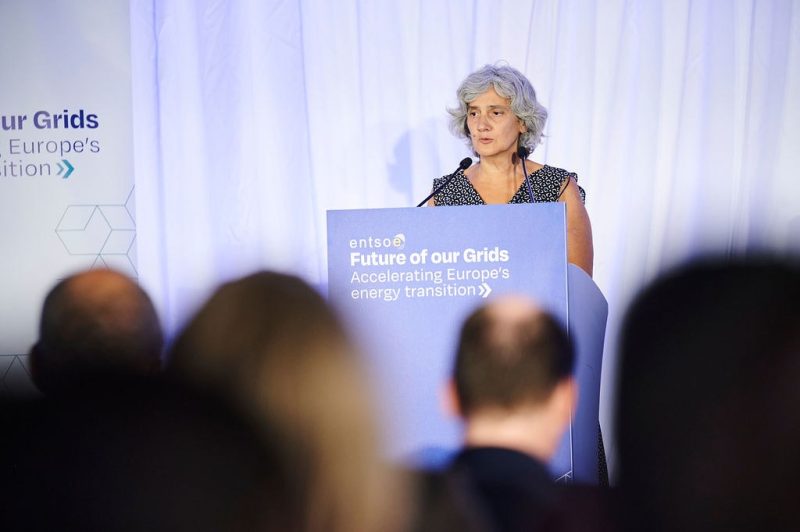The Renewables Grid Initiative (RGI), one of the leading organisations for UsersTCP’s Public Engagement Task, facilitated a special session during the first High-Level Electricity Grids Forum: Future of Our Grids. The event was held in Brussels on 7 September 2023 and organized by the European Network of Transmission System Oper ators for Electricity (ENTSO-E) and the European Commission. The session was entitled ‘Working together: How can we ensure the best level of stakeholder engagement to accelerate project authorisation and deployment?’ and it concentrated on the ways to create meaningful public engagement and permitting procedures within electricity grid projects. The Public Engagement Task was also represented during the event by the Institute for European Energy and Climate Policy (IEECP), its second-leading organization.
ators for Electricity (ENTSO-E) and the European Commission. The session was entitled ‘Working together: How can we ensure the best level of stakeholder engagement to accelerate project authorisation and deployment?’ and it concentrated on the ways to create meaningful public engagement and permitting procedures within electricity grid projects. The Public Engagement Task was also represented during the event by the Institute for European Energy and Climate Policy (IEECP), its second-leading organization.
The speakers at the session provided scientific, governmental, and institutional perspectives and best practices for public engagement. It was noted that while legislation to accelerate permitting procedures at EU and member states levels is mostly already in place, implementation needs to receive more focus.
The session provided valuable insights into current actions and challenges in implementing public engagement within electricity grid projects, corresponding with recent work of RGI and IEECP in the Public Engagement Task. Especially, a key concern is the need to build and enhance trust between the public and institutions and stakeholders that are responsible for electricity grid deployment. The discussion also focused on the necessity of integrating local knowledge in grid projects from authorization and planning to operation phases, as well as keeping transparency throughout the process.
The view of projects’ orchestrates, such as developers and TSOs, was quoted as a point for improvement. A change of behaviour towards creating long-term, dialogue-based relationships was encouraged. Integrating co-designing practices into the engagement process was one of the solutions proposed.
Adopting these elements can reduce tensions between the public and project developers and decision-makers, thus saving time and resources for all parties involved. Above all, addressing these elements was noted as crucial given the need to speed up the deployment of renewables and grids across the EU to reach decarbonization goals. More detailed conclusions from this Session can be found here.
The Public Engagement Task is going to continue exchanges with experts and practitioners participating in the Electricity Grids Forum to make sure that their insights will contribute to the Tasks’ final outputs.

